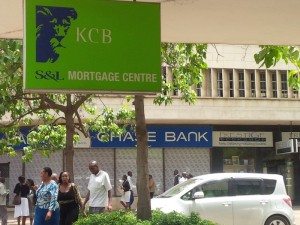Yesterday the directors of Chase Bank appeared before a parliamentary committee looking at the closure of the bank. They traced the events at their bank, back to the sudden close of Imperial Bank which was followed by a slow down in liquidity in the banking sector, and finally late disagreements with their audit firm – Deloitte on some items in their financial statements, including reconciliation of Islamic bank products.
These Islamic loans were reclassified, at the auditors insistence as insider loans, and new sets of accounts were published in the newspapers, which the directors did not sign. Later, the same day, the Chairman and Group MD also said they were forced to resign. All this bad news coming out on one day precipitated a run on the bank. There were also a few (in-camera) sessions at parliament from which the media were barred.
This public spat between Chase and Deloitte all adds to what’s been an unusually busy news cycle for auditors and audits. Chase was big in Islamic banking, and in their 2015 memorandum to raise funds though a bond issue, the noted that they started Sharia compliant banking solutions in 2008 and these now amounted to 12% of their customer deposits. 
This is close to the size of fully complaint Shariah banks like Gulf and First Community, and far larger than other more established banks who had ventured into Sharaih banking like KCB and Barclays.
Since reopening at the end of April, Chase Bank has opened its doors, apps, and platforms to its customers. In conjunction with KCB and the receiver manager at the Kenya Deposit Insurance Corporation they were able to avail funds to depositors. But the bank is yet to resume loans and lending – and that is the life blood of any bank.